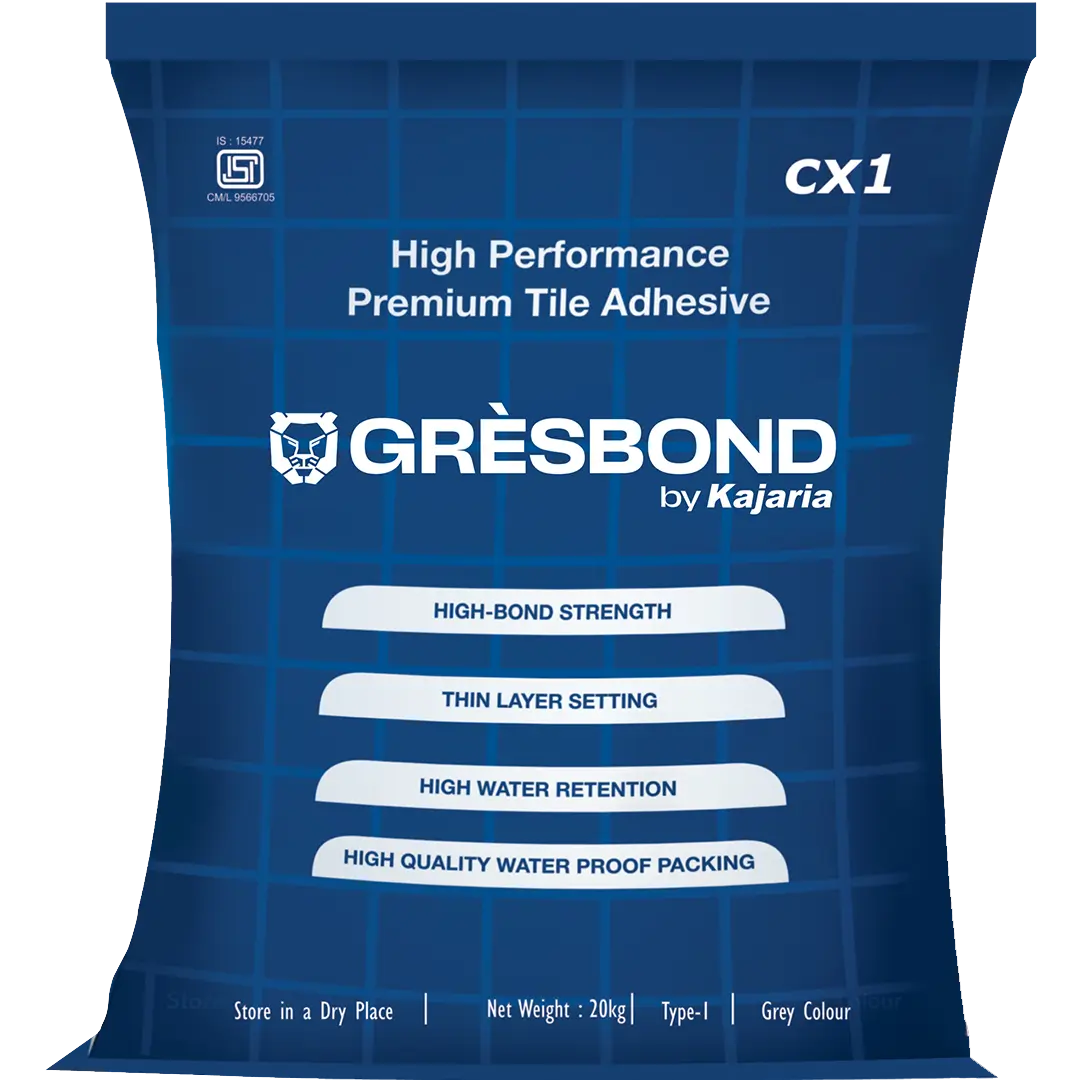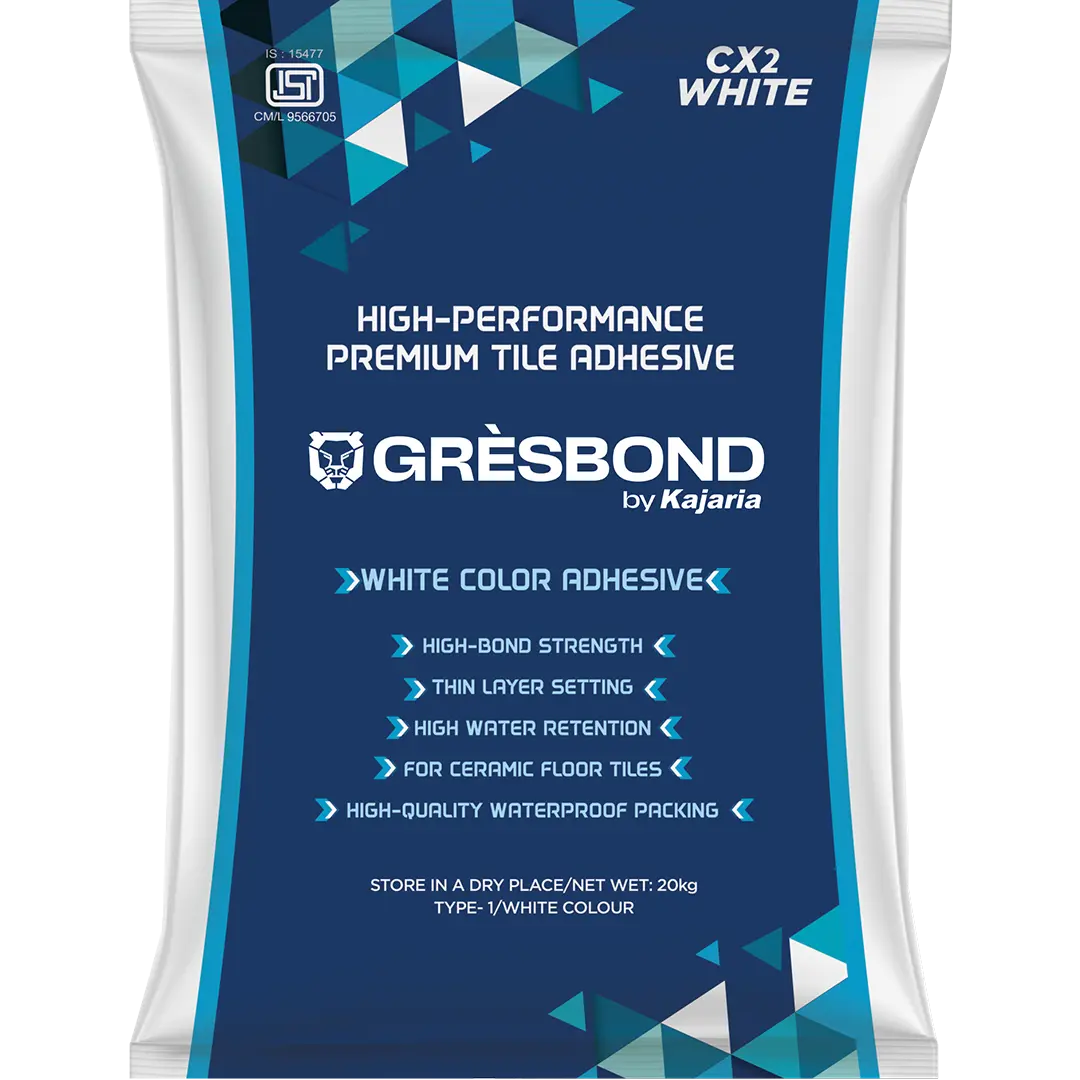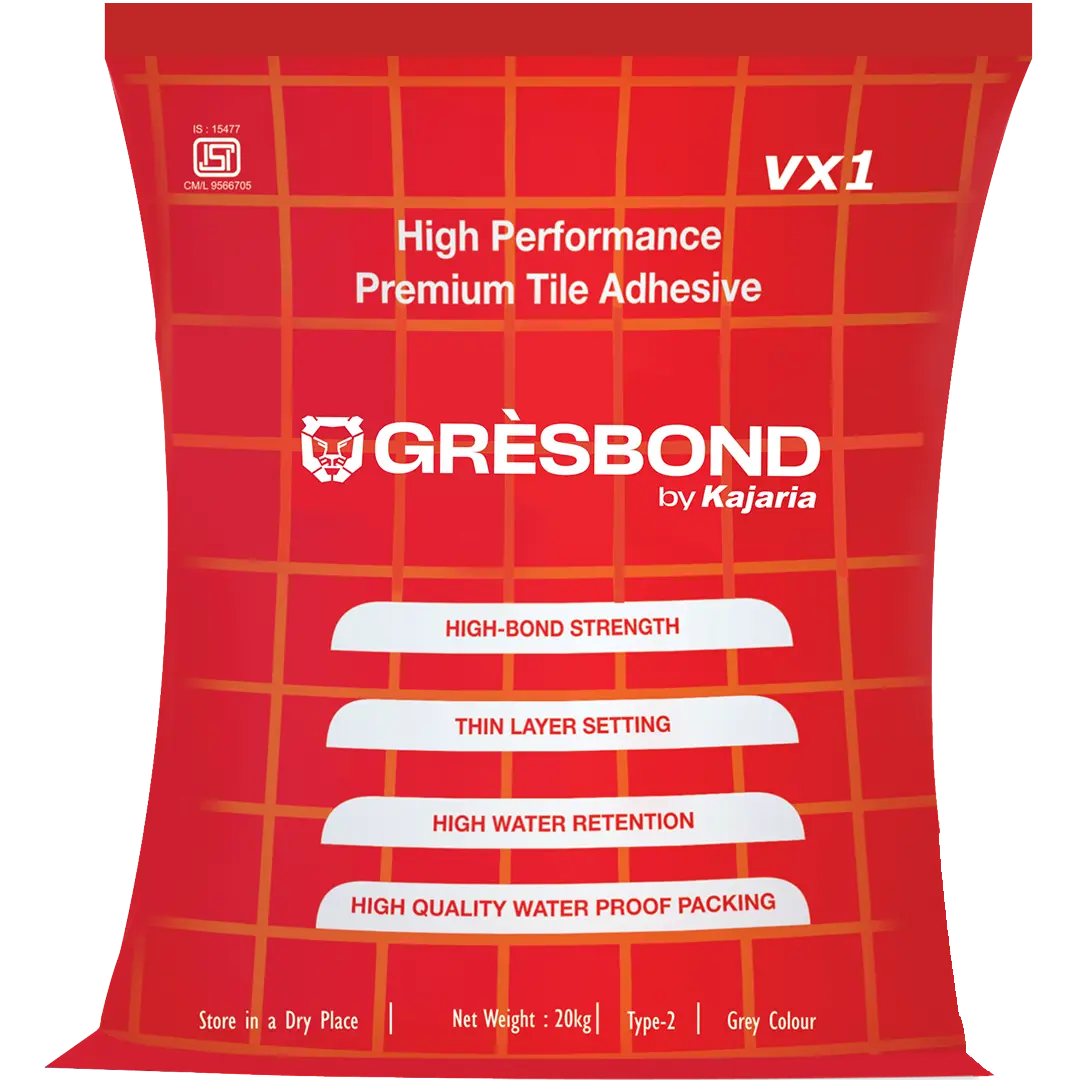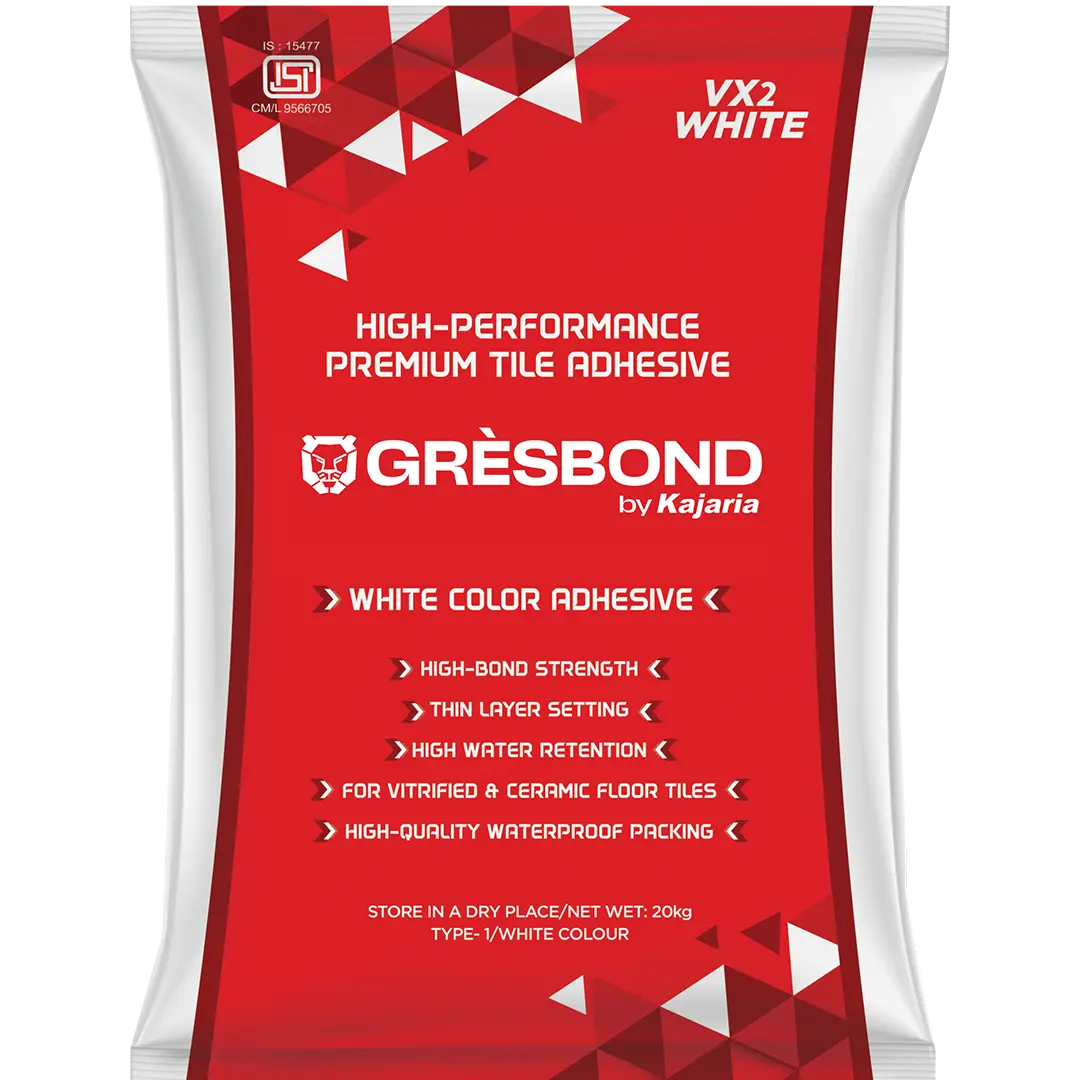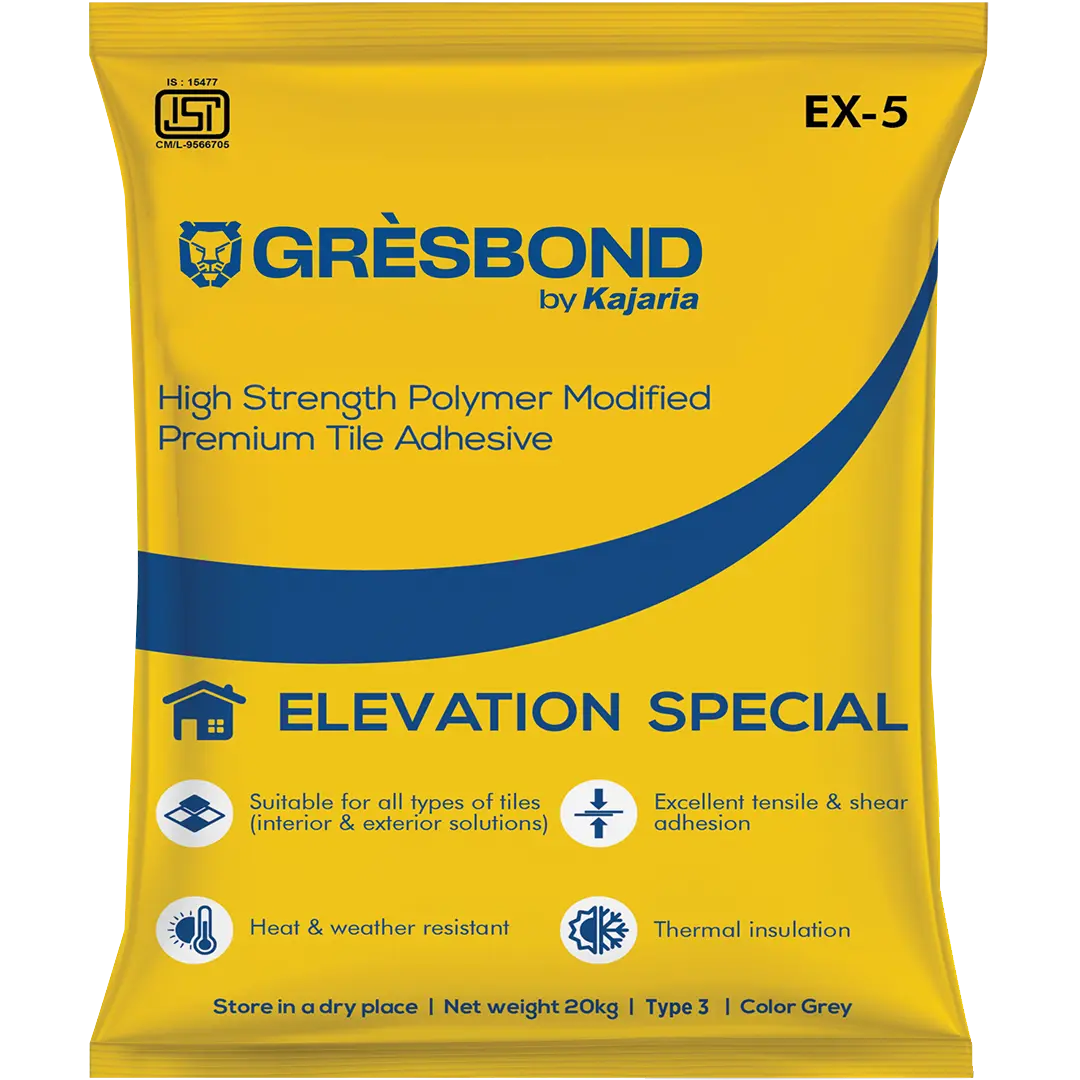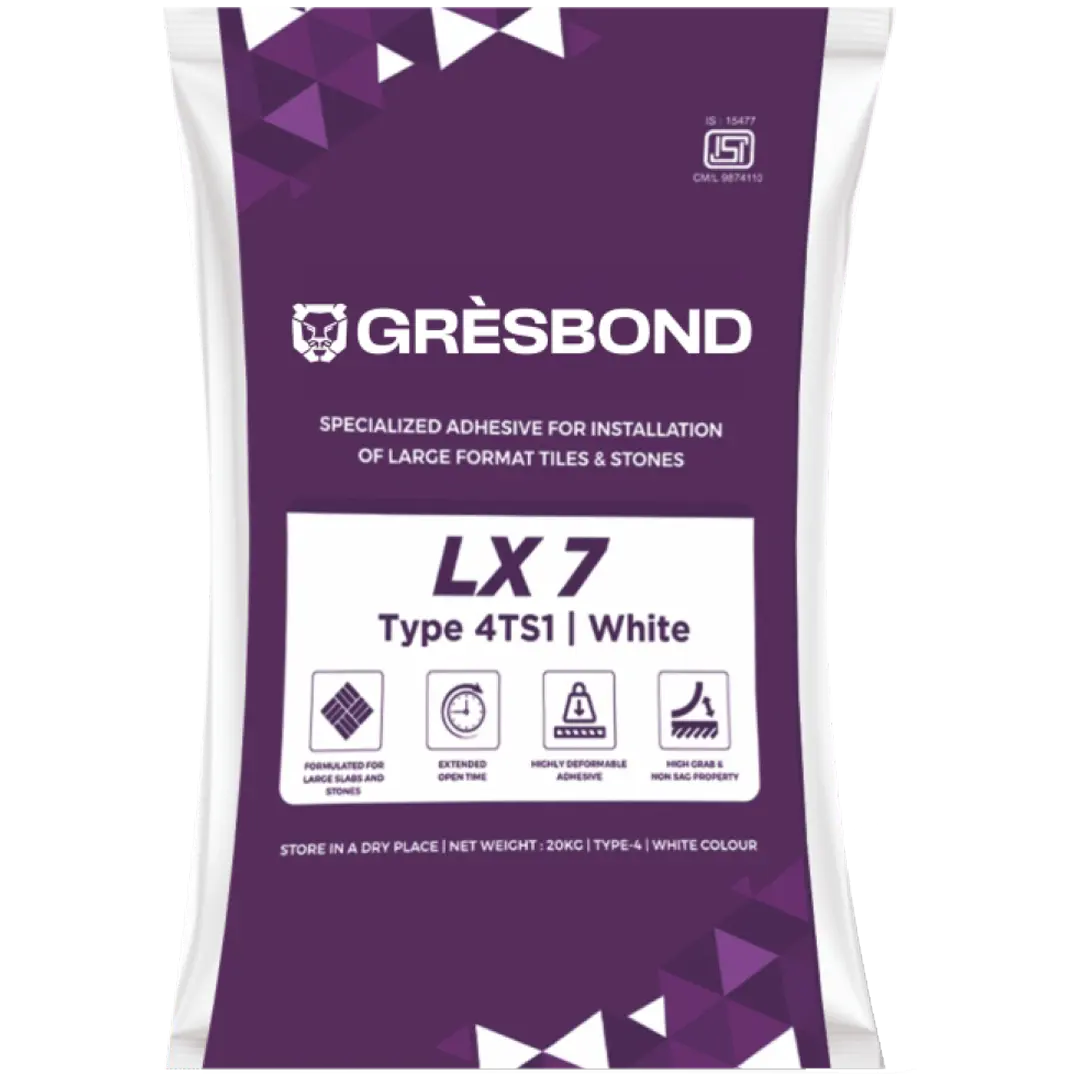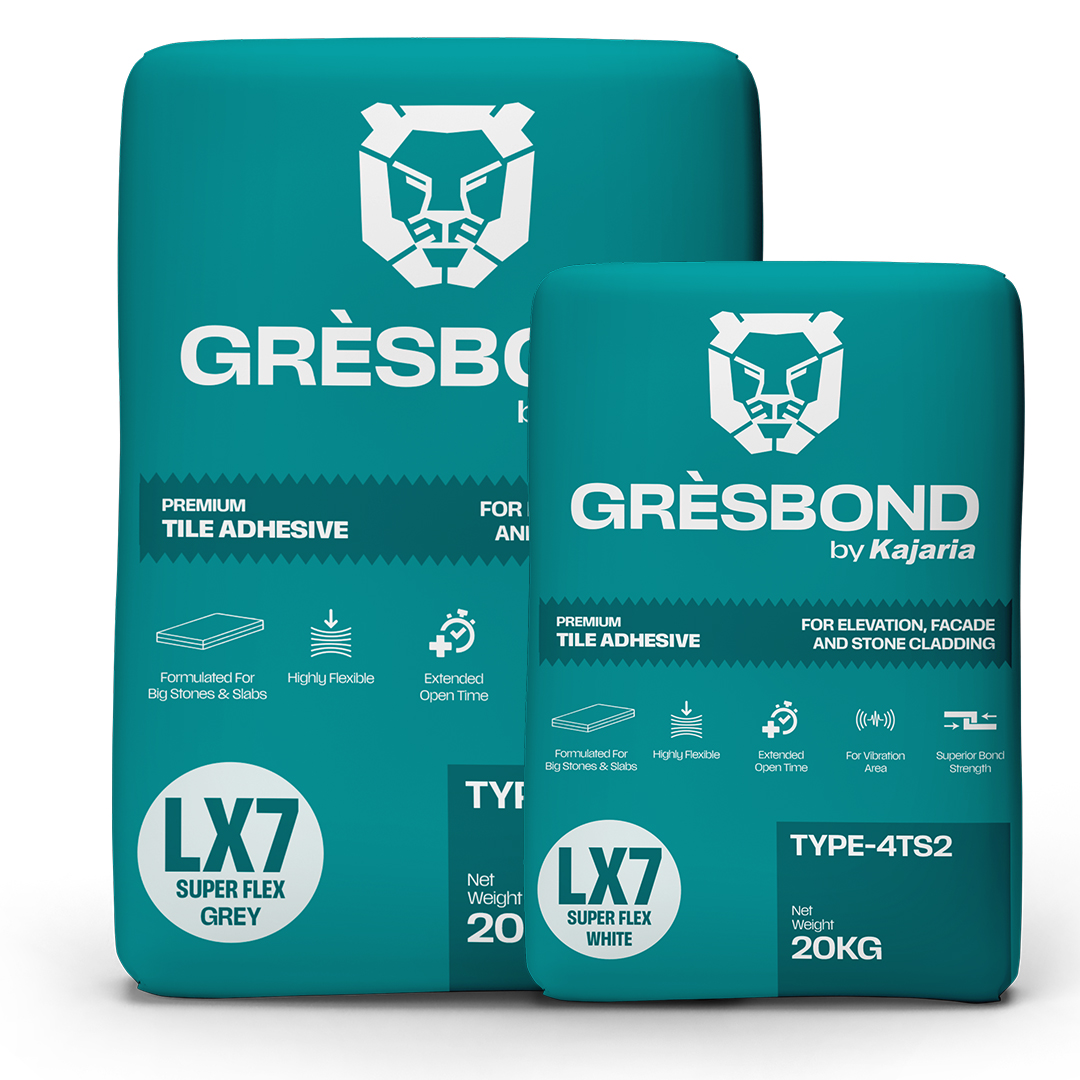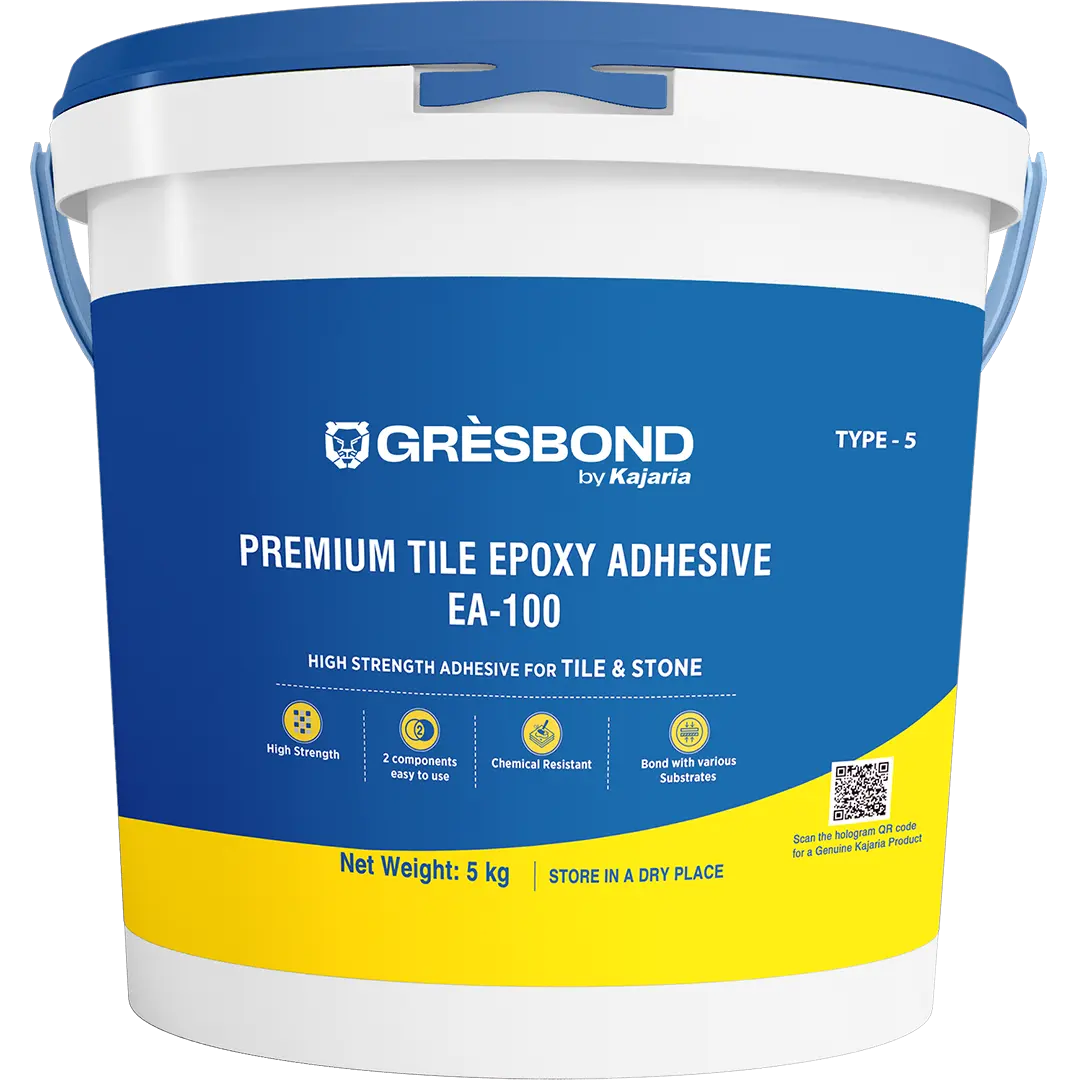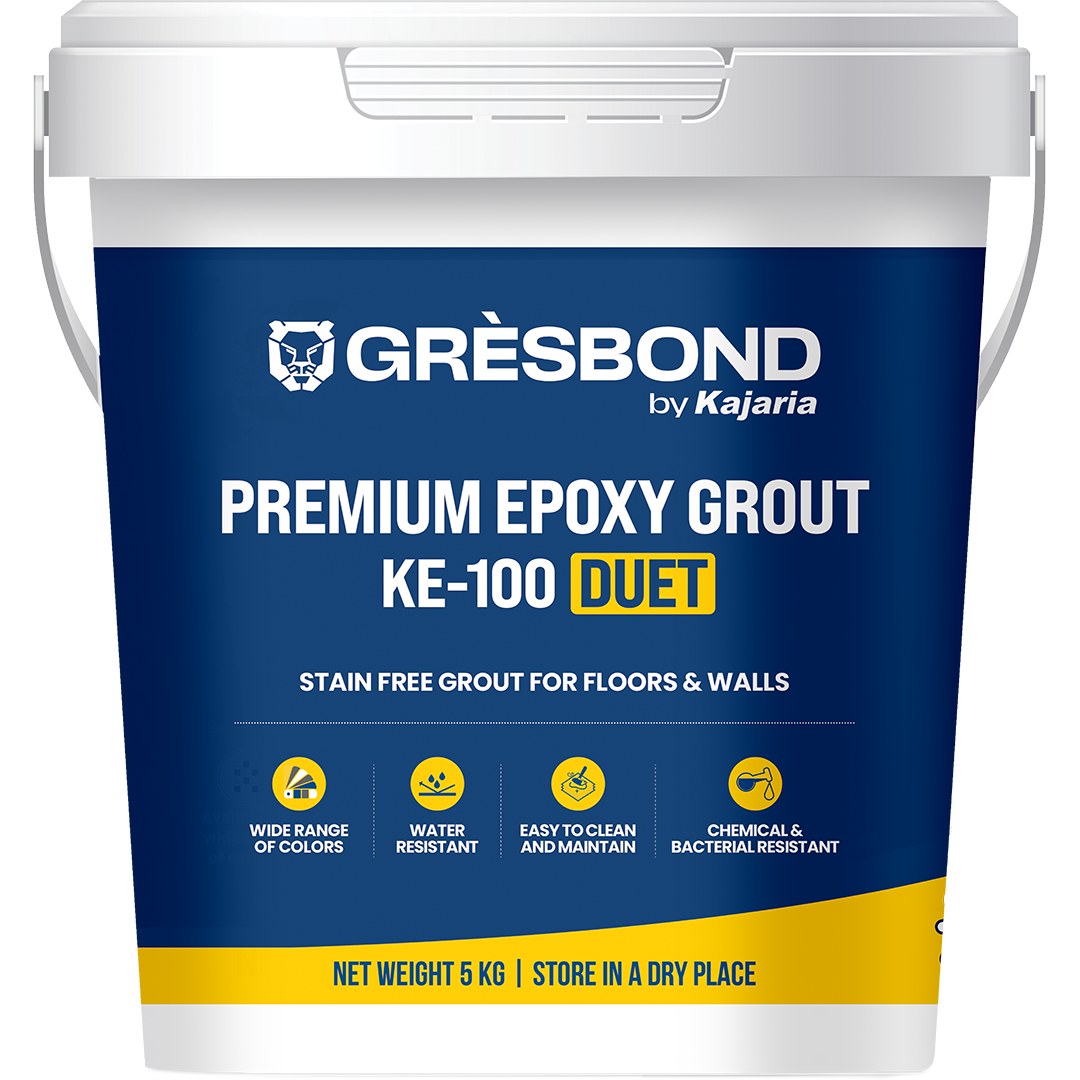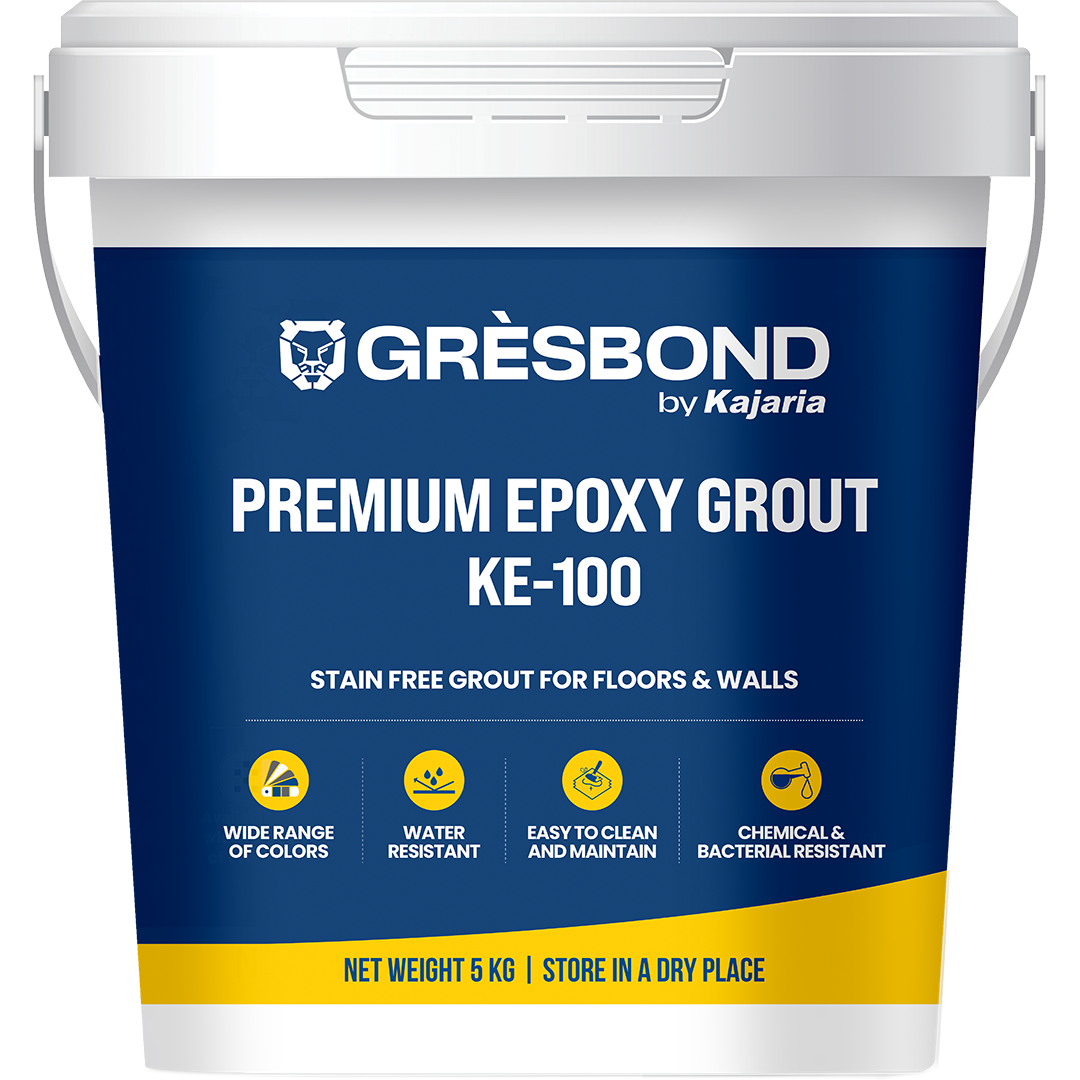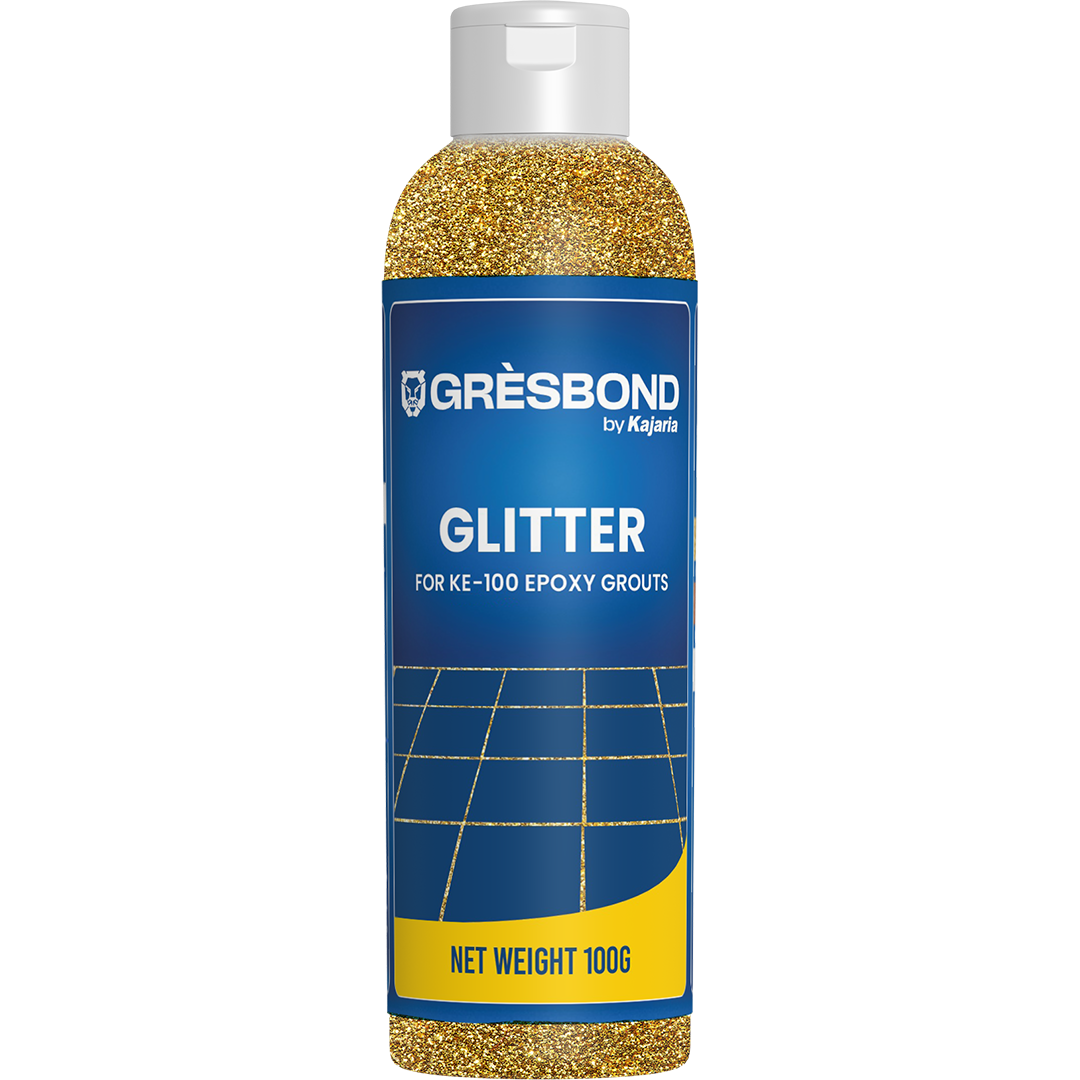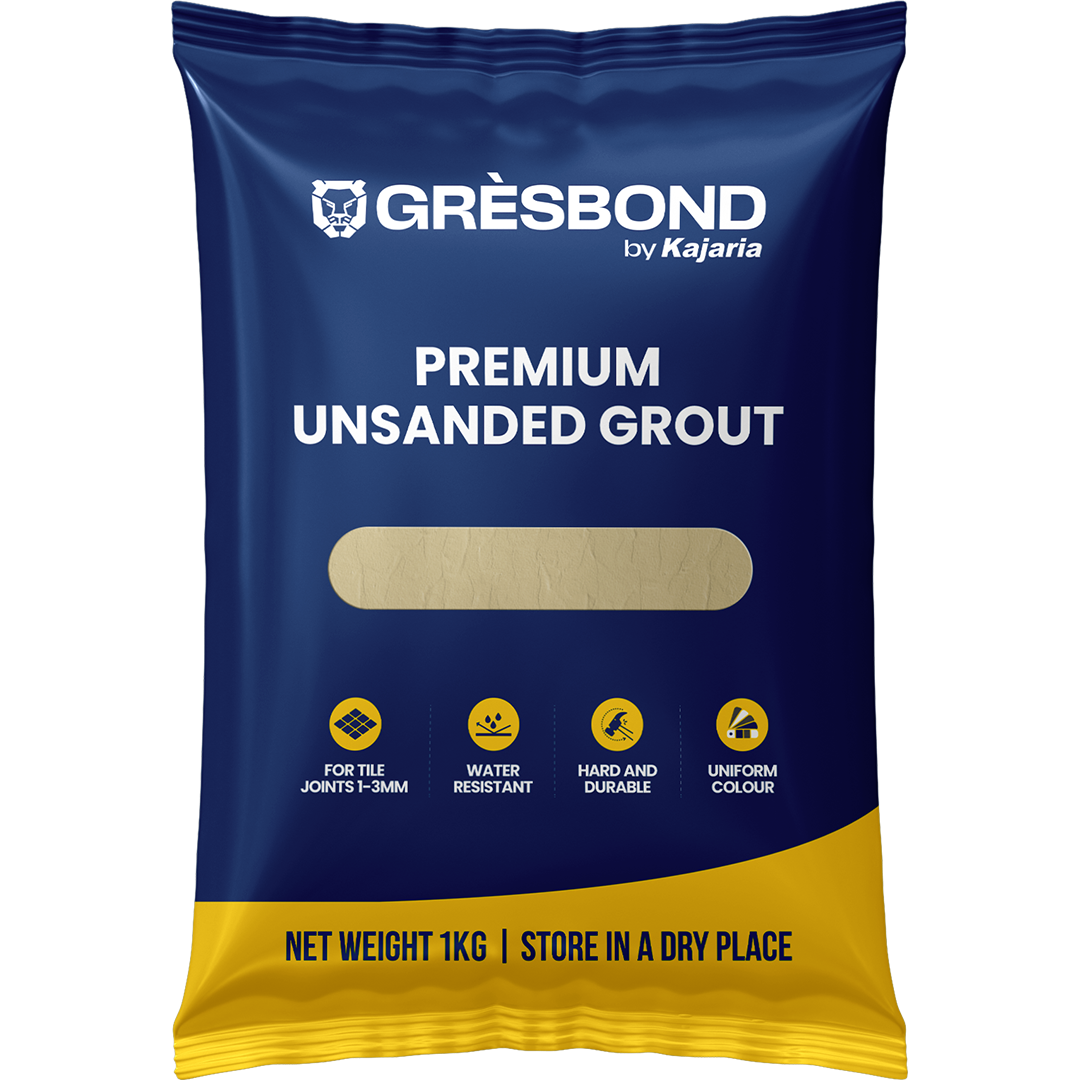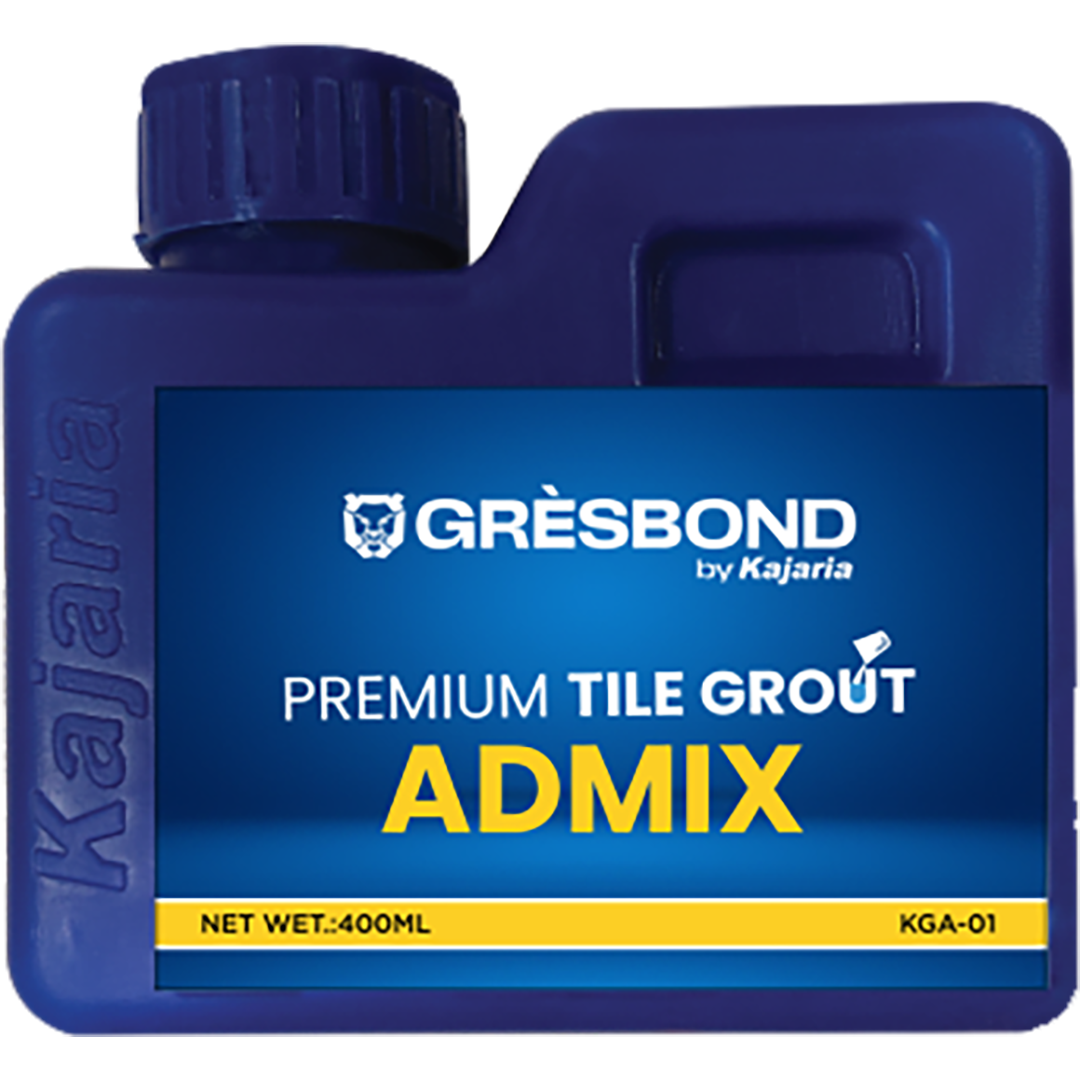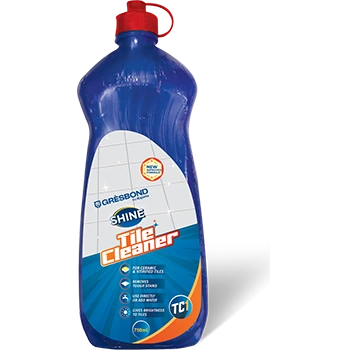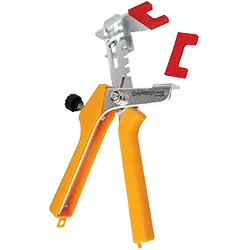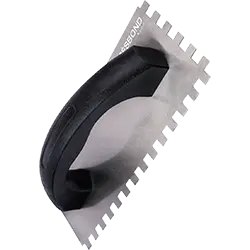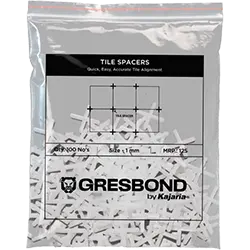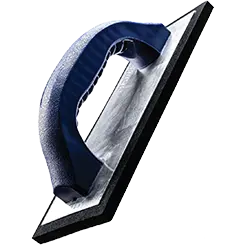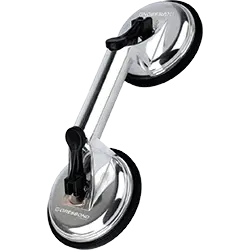Epoxy Grout Vs Cement Grout
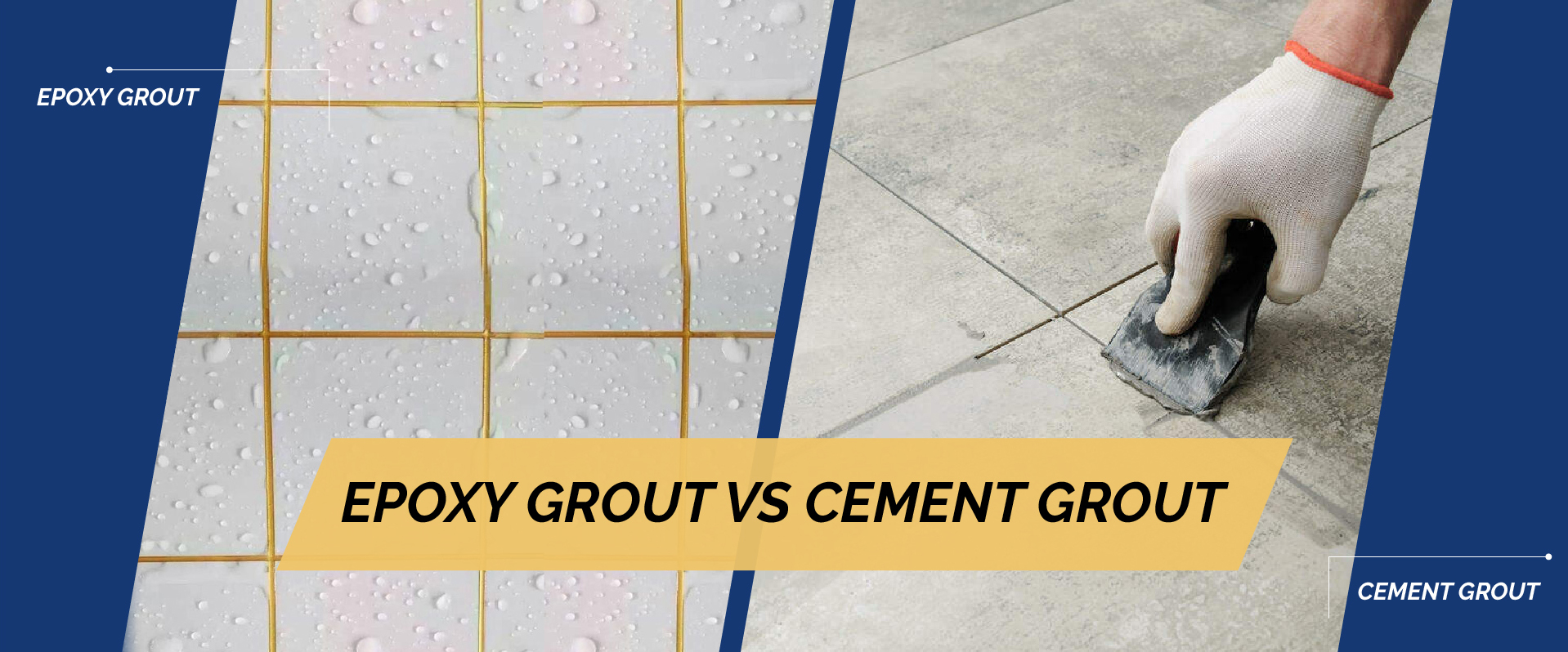
13
may 2024
Epoxy Grout Vs Cement Grout
Grouting is a construction process to fill gaps or reinforce structures, particularly in masonry, tunnels, and underground spaces. It involves injecting a fluid-like mixture, typically cement, water, and additives, into the gaps or voids. Once injected, the grout sets and hardens, providing stability, waterproofing, and support to the surrounding structure. Grouting is essential for sealing joints, repairing cracks, and strengthening foundations in various civil engineering projects. It ensures structural integrity, prevents water ingress, and enhances the longevity of buildings and infrastructure. Grouting techniques vary based on the specific application and requirements of the project, ranging from pressure grouting to permeation grouting.
What is Epoxy Grout
Epoxy grout is a specialized construction material known for its resilience against stains, chemicals, and moisture. Comprising epoxy resins and a filler powder creates a robust, waterproof bond. Its advantages lie in its superior strength, minimal shrinkage, and excellent adhesion, surpassing traditional grouts. Its impermeable nature also inhibits mold and bacterial growth, making it suitable for damp environments. However, epoxy grout is pricier than conventional options, and its rapid curing time can pose challenges during application. Despite these considerations, its enduring performance and ease of maintenance render epoxy grout a favored choice in various residential and commercial projects.
Pros:- Durability: Epoxy grout is highly resistant to stains, chemicals, and moisture, making it ideal for areas prone to heavy use and exposure.
- Strength: It offers superior strength and adhesion to traditional grouts, ensuring long-lasting stability.
- Mold Resistance: Its non-porous nature prevents mold and bacteria growth, contributing to a cleaner and healthier environment.
- Low Maintenance: Epoxy grout is easy to clean and maintain, requiring minimal effort to keep surfaces looking new.
- Cost: Epoxy grout is typically more expensive than cement-based grout.
- Application Difficulty:It can be challenging due to its quick setting time and precise mixing requirements.
- Discoloration: Epoxy grout may discolor over time, especially in areas exposed to UV light.
- Limited Flexibility: Unlike cement grout, epoxy grout is less forgiving in expansion and contraction, which may lead to cracking in certain conditions.
What is Cement Grout
Cement grout is a construction material used to fill voids and seal joints, particularly in masonry, tile installations, and structural repairs. It is made by mixing cement, water, and often fine sand to create a slurry-like consistency. This mixture can be easily poured or injected into gaps and crevices. Once it hardens, cement grout provides strength, stability, and a watertight seal.
Pros:- Cost-Effective: Cement grout is generally more affordable than epoxy grout, making it a budget-friendly option for various projects.
- Ease of Application: It's relatively simple to mix and apply, requiring minimal specialized equipment or expertise.
- Versatility: Cement grout is suitable for both interior and exterior applications and a wide range of surfaces and conditions.
- Natural Look: It blends well with traditional masonry and tile surfaces, offering a classic appearance.
- Porosity Cement grout is porous, making it susceptible to staining and water penetration over time.
- Prone to Cracking As it cures, it may crack or shrink, particularly in areas with temperature fluctuations or structural movement.
- Maintenance Intensive: Cement grout requires regular sealing and cleaning to prevent staining and deterioration.
- Limited Durability:Compared to epoxy grout, cement grout is less resistant to stains, chemicals, and moisture, leading to shorter longevity in some applications.
Difference between epoxy grout and cement grout
Epoxy Grout:
- Composition: Epoxy grout is made from epoxy resins and a filler powder.
- Strength: It offers superior strength and adhesion compared to cement grout, making it ideal for heavy-duty applications.
- Durability: Epoxy grout is highly resistant to stains, chemicals, and moisture, ensuring long-lasting performance.
- Application: It can be more challenging due to its quick setting time and precise mixing requirements.
- Cost: Epoxy grout is generally more expensive than cement grout.
Cement Grout:
- Composition: Cement grout comprises cement, water, and sometimes sand.
- Versatility: It can be used for interior and exterior applications and is suitable for various surfaces.
- Porosity: Cement grout is porous, making it susceptible to staining and water penetration over time.
- Application: Cement grout is relatively simple to mix and apply, requiring minimal specialized equipment.
- Cost: Cement grout is typically more affordable than epoxy grout but may require more maintenance.
When and Where to use the epoxy grout and cement grout
Epoxy Grout:
- Use in High-Traffic Areas: Epoxy grout's superior durability and resistance to stains and chemicals make it ideal for high-traffic areas like commercial kitchens, hospitals, and shopping malls.
- Wet Environments: Due to its waterproof properties, it's suitable for wet environments such as bathrooms, swimming pools, and showers.
- Food Preparation Areas: Epoxy grout's non-porous surface makes it hygienic and easy to clean, making it suitable for food preparation areas in restaurants and commercial kitchens.
- Heavy-Duty Applications: Use epoxy grout for heavy-duty applications like industrial flooring, where strength and durability are paramount.
Cement Grout:
- Residential Applications: Cement grout is commonly used in residential applications such as kitchen backsplashes, bathroom floors, and tile countertops.
- Exterior Tile Installations: It's suitable for outdoor tile installations like patios, walkways, and driveways due to its versatility and ability to withstand weather exposure.
- Budget-Friendly Projects: Cement grout is a cost-effective option for projects with budget constraints, making it suitable for DIY home improvement projects.
- Low-Traffic Areas: Use cement grout in low-traffic areas such as guest bathrooms or infrequently used rooms where durability and stain resistance are less critical.
Frequently Asked Questions
What is the main difference between epoxy grout and cement grout?
Epoxy grout is made from epoxy resins and offers superior durability, strength, and resistance to stains and moisture compared to cement grout whereas Cement grout is composed of cement, water, and sometimes sand. While it is less resistant to stains and moisture than epoxy grout, it is more affordable and accessible to work with.
Where should I use epoxy grout vs. cement grout?
Yes, epoxy grout can be more challenging due to its quick setting time and precise mixing requirements compared to cement grout, which is relatively simple to mix and apply.
Is epoxy grout more challenging to apply than cement grout?
Yes, epoxy grout can be more challenging due to its quick setting time and precise mixing requirements compared to cement grout, which is relatively simple to mix and apply.
Are there any maintenance differences between epoxy grout and cement grout?
Epoxy grout requires minimal maintenance due to its non-porous surface, making it easy to clean and resistant to stains and mold. Whereas cement grout is porous and may require regular sealing and cleaning to prevent staining and deterioration.
What are the cost differences between epoxy grout and cement grout?
Epoxy grout is generally more expensive than cement grout due to its superior durability and performance. Whereas Cement grout is more affordable than epoxy grout, making it a budget-friendly option for various projects.

